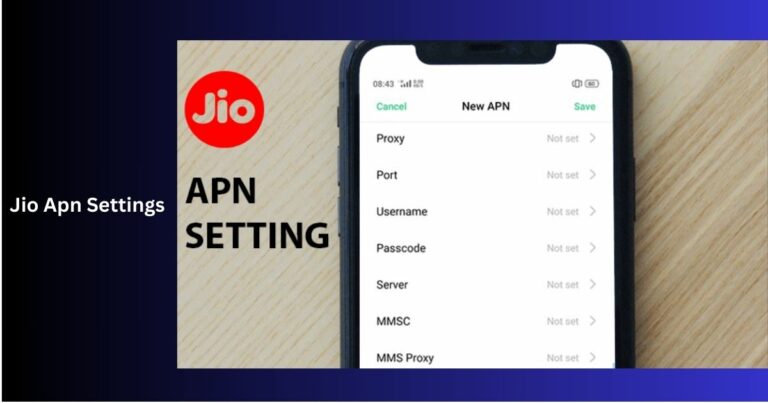The Ultimate Guide to Legal Solutions for Blockchain Disputes
Blockchain technology has transformed industries, but it also brings legal challenges. Disputes over smart contracts, regulations, and intellectual property are becoming more common. In this guide, we’ll help you understand how legal solutions can resolve these blockchain disputes.
Whether you’re a business, developer, or investor, knowing your legal options is essential. Let’s explore the key steps to protect your interests and navigate the world of blockchain law. Ready to learn how to handle blockchain disputes? Let’s get started!
Effective Legal Strategies for Resolving Blockchain Disputes
Effective legal strategies for resolving blockchain disputes are essential for protecting your interests. One of the most important steps is to have clear and well-defined contracts in place. These contracts should include terms that address possible issues before they arise, such as how disputes will be handled.
A blockchain lawyer can help you create these agreements and ensure they are legally sound. If a dispute does occur, it’s often helpful to start by negotiating a solution with the other party. Mediation is another option to resolve issues without going to court.
A blockchain lawyer can assist with both negotiation and mediation, helping to find a fair and efficient resolution. By using these strategies, you can reduce the risk of lengthy legal battles and keep your blockchain project on track.
Leveraging Smart Contracts for Dispute Prevention and Resolution
Leveraging smart contracts can be a powerful way to prevent and resolve disputes in blockchain projects. Smart contracts are self-executing agreements with the terms written directly into code. They automatically enforce the rules agreed upon by both parties, reducing the chances of misunderstandings.
By using smart contracts, businesses can ensure that all conditions are met before actions are taken, making disputes less likely. If a dispute does occur, smart contracts can help resolve it quickly by automatically executing predefined solutions.
This can save both time and money by avoiding lengthy court battles. For more complex issues, smart contracts can also be integrated with dispute resolution processes, helping to find a fair outcome. With the right setup, smart contracts can be an effective tool for minimizing and resolving disputes.
How Mediation and Arbitration Offer Blockchain Dispute Solutions
Mediation and arbitration are two effective ways to resolve blockchain disputes without going to court. In mediation, a neutral third party helps both sides communicate and find a solution that works for everyone. It allows for a flexible and faster resolution, especially in complex digital asset disputes.
Arbitration is another option where an impartial person, called an arbitrator, makes a binding decision after hearing both sides. Both methods save time and money compared to traditional court trials. They also provide privacy, which is important for businesses in the blockchain space.
Mediation and arbitration can help resolve conflicts in a way that is fair and efficient. These approaches are often used in digital asset disputes to ensure that both parties come to a satisfactory agreement.
Understanding Legal Recourse for Blockchain Intellectual Property Issues
Blockchain technology has introduced new challenges when it comes to intellectual property (IP) rights. With blockchain, creating and sharing digital assets is easier, but protecting those assets is complex. If someone uses your digital content or idea without permission, legal recourse is available.
You can file a lawsuit for IP infringement, whether it’s copyright, patent, or trademark issues. A blockchain lawyer can help you understand how the law applies to digital assets. They will guide you through the steps to protect your intellectual property and take legal action if needed.
In some cases, blockchain’s transparency can help identify the original creator, making IP protection stronger. Understanding your rights is key to navigating blockchain IP issues effectively.
Navigating Regulatory Compliance to Prevent Blockchain Disputes
Navigating regulatory compliance is important to prevent blockchain disputes. Blockchain technology is still evolving, and regulations around it are complex and constantly changing. Companies need to stay updated on the laws and rules that apply to their blockchain activities.
Failure to follow regulations can lead to legal issues and disputes, which can harm your business. It’s important to have clear policies and practices that align with both local and global regulations. By doing so, businesses can avoid penalties and lawsuits related to non-compliance.
Working with experts who understand the legal landscape can help ensure that your blockchain projects are compliant. Keeping up with regulatory changes is key to preventing conflicts and protecting your business.
Legal Tools to Protect Your Blockchain Investment and Rights
Legal tools are essential to protect your blockchain investment and rights. One important tool is a well-drafted smart contract, which clearly outlines the terms of transactions and agreements. These contracts can help prevent disputes by ensuring both parties follow the agreed-upon terms.
Intellectual property protections, like trademarks and patents, can safeguard your blockchain innovations. Additionally, using legal agreements such as non-disclosure agreements (NDAs) can help protect sensitive information. Ensuring your blockchain project complies with relevant regulations also reduces the risk of legal challenges.
Working with a blockchain lawyer can help you navigate legal complexities and avoid pitfalls. Taking these legal steps can secure your investment and provide peace of mind.
Using Blockchain-Specific Legal Frameworks to Address Disputes
Using blockchain-specific legal frameworks is crucial to address disputes in the blockchain space. These frameworks are designed to handle the unique challenges of blockchain technology, such as decentralization and smart contracts.
They provide clear guidelines for resolving conflicts that arise from digital transactions or token usage. One key feature of these frameworks is that they consider the technology’s decentralized nature, which can complicate traditional dispute resolution.
Blockchain-specific laws can help define ownership, intellectual property rights, and responsibilities of each party involved. These frameworks can also help prevent future disputes by setting out the rules from the start.
Working with legal professionals who understand these frameworks is essential for protecting your interests. By using these legal tools, you can manage risks and address issues more effectively.
Learn All About Legal Solutions
In conclusion, blockchain technology offers exciting opportunities, but it also comes with its fair share of legal challenges. Whether it’s smart contracts, intellectual property, or regulatory compliance, understanding your legal options is key to protecting your interests.
By leveraging legal strategies, tools, and frameworks, you can minimize risks and resolve disputes more effectively. Working with a blockchain lawyer can help ensure that your blockchain projects stay on track and comply with the law. Taking the right legal steps now can help you avoid costly issues down the road.
Visit our blog for more!




